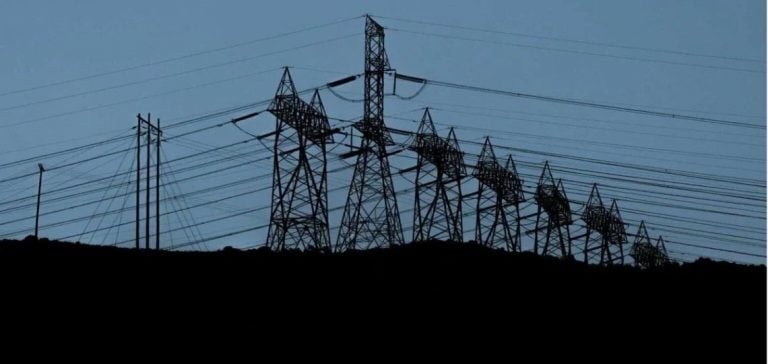The multilateral LTMS project (Lao PDR-Thailand-Malaysia-Singapore Power Integration Project) is at the heart of energy integration efforts in Southeast Asia. Initiated to reduce dependence on fossil fuels and improve the regional distribution of clean energy, it relies on hydroelectricity produced in Laos, transported via Thailand and Malaysia to Singapore. However, Thailand and Singapore have not yet found common ground on the terms of the project’s second phase.
Objectives of the LTMS Project
Launched in 2022, the LTMS project aims to connect the power grids of four ASEAN countries, facilitating long-distance electricity trade. This interconnection is expected to play a key role in the region’s energy transition by providing Singapore with access to Lao hydropower while reducing reliance on fossil fuels.
The first phase allowed Singapore to begin importing part of the electricity produced in Laos, although only 40% of the initial capacity was utilized. This underutilization is linked to fluctuations in natural gas prices, which temporarily made hydroelectricity less competitive compared to other energy sources available to Singapore.
Progress and Current Challenges
While Singapore and Malaysia have successfully reached an agreement to double hydroelectric imports through Malaysia, negotiations with Thailand are dragging on. The main issue concerns the amount of electricity Thailand must guarantee to cover the transmission costs across its infrastructure. This aspect is crucial to maintain the project’s profitability for all stakeholders.
Meanwhile, the volatility of global natural gas prices complicates negotiations. Singapore is seeking to diversify its energy sources while controlling costs, while Thailand aims to maximize economic benefits from the transmission of Lao electricity.
Outlook for the ASEAN Region
Regional energy integration is a priority for Southeast Asia, particularly to meet the growing demand for electricity. Laos, dubbed the “battery of Asia,” has enormous hydropower potential, but robust infrastructure is needed to transport this energy to consumer countries like Singapore.
The LTMS project could become a model for other similar initiatives aimed at strengthening energy cooperation among ASEAN countries. However, delays in securing a full agreement with Thailand risk slowing progress. Without a consensus, the project could lose momentum, compromising its role in the regional energy transition.






















